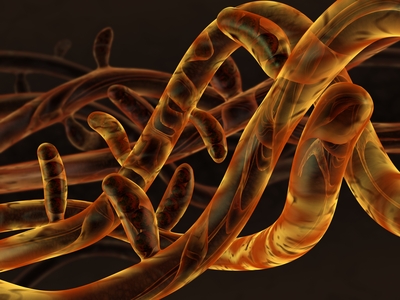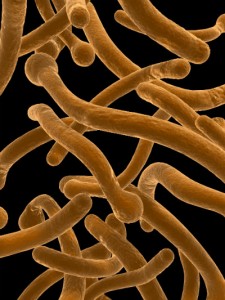 Gut dysbiosis — this topic is the motherlode. It’s one of the two core (in my opinion) reasons for the explosion of chronic childhood illnesses we see today.
Gut dysbiosis — this topic is the motherlode. It’s one of the two core (in my opinion) reasons for the explosion of chronic childhood illnesses we see today.
Gut Dysbiosis: A Common Link Among the Epidemic of Children’s Chronic Illnesses
First, let’s discuss the numbers behind this epidemic: How many kids did you know when you were growing up that had autism, ADHD, acid reflux, allergies, asthma, developmental delays and/or mental health issues? [Read more…]

 Having a son with a developmental delay was very hard on me. He didn’t walk until he was 20 months old. This was extremely hard for me because he didn’t walk until 3 weeks before his little brother was born, and I was having to carry him everywhere.
Having a son with a developmental delay was very hard on me. He didn’t walk until he was 20 months old. This was extremely hard for me because he didn’t walk until 3 weeks before his little brother was born, and I was having to carry him everywhere.

